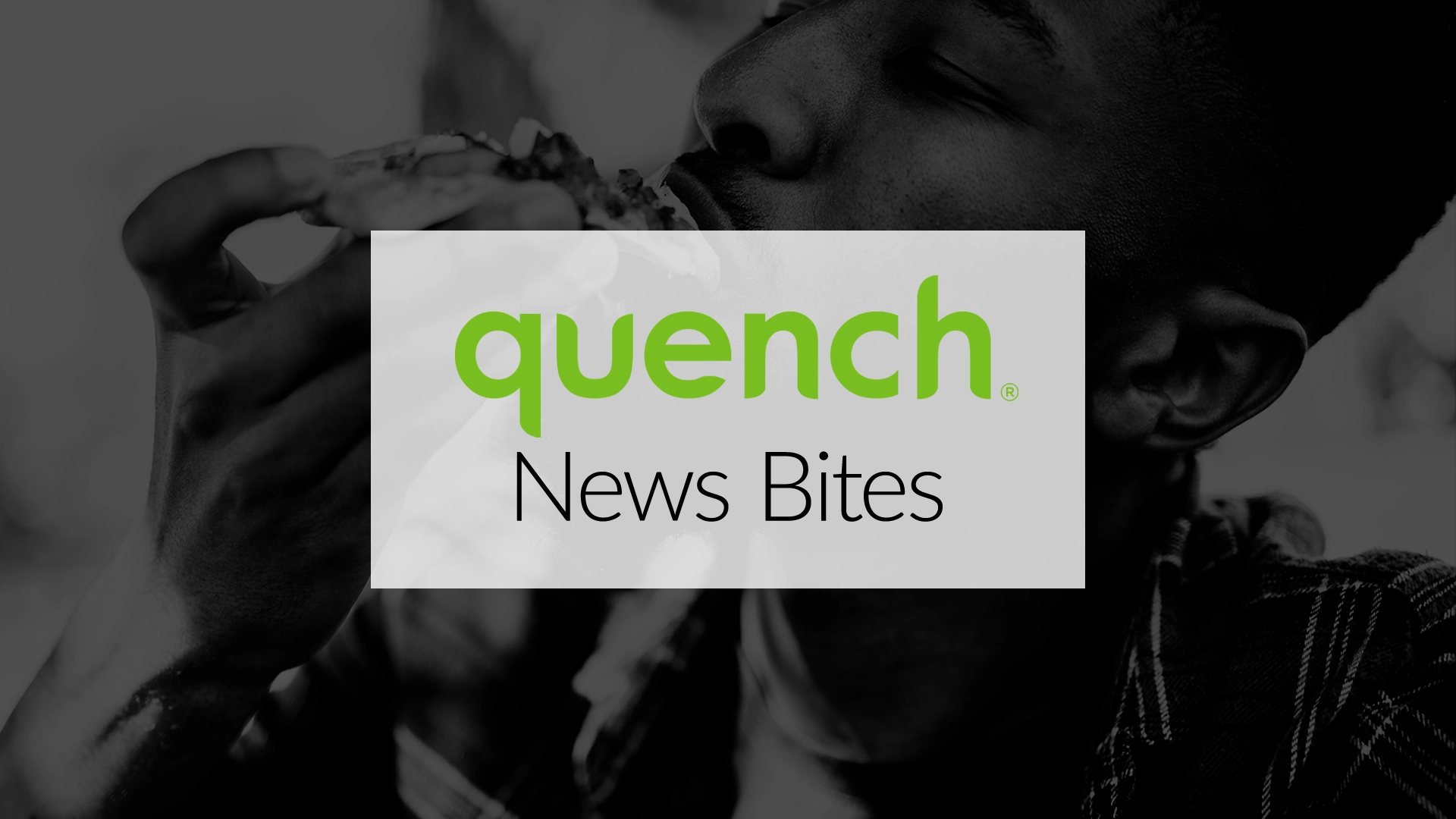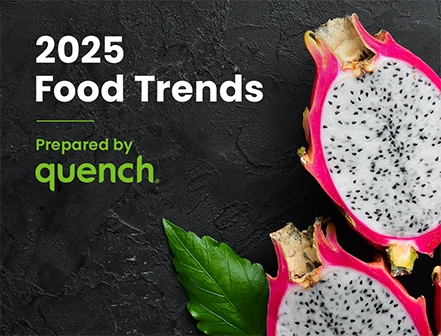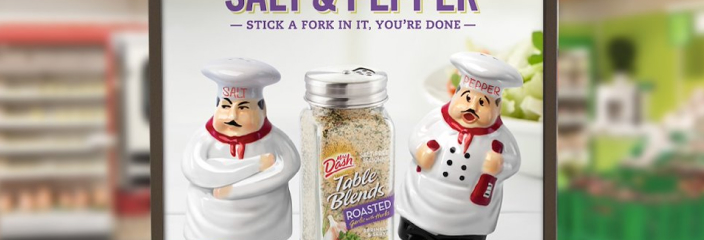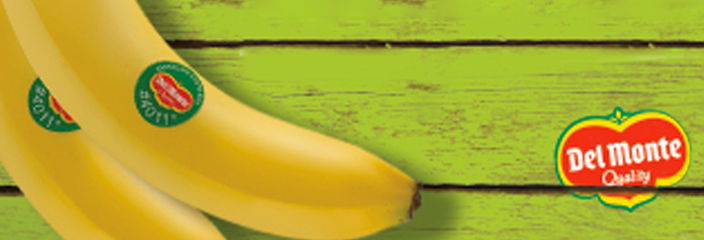News Bites – April 2025
Tariffs Pressure Retailers to Rethink Pricing and Communication
Retailers are struggling to navigate unpredictable tariffs, rising costs, and cautious consumers, making pricing strategy more complex than ever. While companies like Walmart lead with margin-sacrificing price holds, others are turning to tech, private label development, and targeted promotions to preserve volume and trust. Experts urge clear communication with vendors and shoppers, suggesting transparency around tariff-related increases could soften backlash and maintain brand loyalty.
Learn More
Tariff Turmoil Accelerates AI Adoption in Food & Beverage
Ongoing U.S. tariff uncertainty and labor shortages are pushing food and beverage companies to fast-track AI adoption as a way to streamline operations, cut costs, and protect margins. From forecasting and inventory management to contamination detection and personalized marketing, AI is becoming essential — even as tariffs drive up the cost of AI infrastructure. Industry leaders see AI not just as a solution to current disruptions but as a long-term tool for automation, customer engagement, and future-proofing operations.
Learn More
Trade War Jitters Sink Consumer Confidence to 1981 Lows
Consumer sentiment plunged 11% this month, hitting its lowest point in decades due to inflation expectations surging and fears of a global trade war escalating. With tariffs between the U.S. and China soaring past 100%, and unemployment fears rising, economists warn of slowing GDP growth and weakened business investment. While experts acknowledge consumers have remained resilient post-pandemic, ongoing uncertainty could threaten spending and broader economic momentum.
Learn More
Beloved Brands Go Bold with Strategic Extensions
Legacy brands like Café Bustelo, Nespresso, and Philadelphia Cream Cheese are finding growth by moving into unexpected grocery categories — from iced coffee to cold foam and frosting — to meet evolving consumer habits. While successful brand extensions can boost visibility and revenue with less risk than launching new products, experts warn that poor category fit can confuse shoppers and damage brand trust. Companies like Smucker and Kraft Heinz stress a measured, consumer-focused approach to ensure extensions align with brand identity and long-term strategy.
Learn More
Confusion Over Allergen Labels Highlights Consumer Trust Gap
A new IFIC survey shows that nearly half of consumers are concerned about unclear allergen labeling, particularly with voluntary statements like “may contain,” which many find confusing and inconsistent. While most consumers trust allergen claims on food packaging, they overwhelmingly turn to medical professionals—not brands—for reliable allergy information. Experts urge manufacturers to distinguish clearly between mandated allergen disclosures and voluntary cross-contamination warnings to help protect and inform allergy-sensitive shoppers.
Learn More
Check out last month’s News Bites: News Bites – March 2025!










